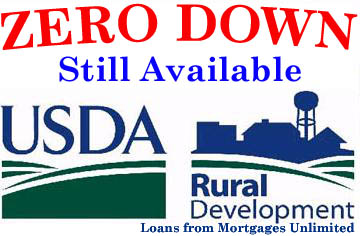
What is your home worth today? Wish you could get a free appraisal?
Many homeowners are curious about the appraised value of their home. An actual appraisal is expensive, and county tax records do NOT always reflect true market value. As you may be aware, home values are constantly fluctuating, and with the decline in average values, it is important to have an accurate idea of what your home is worth.
There are many sites that claim to give you are idea, including Zillow, Trulia, and more. It is also a well known fact those sites have very questionable data, giving values that range from close, to crazy far off. The big problem is, where is the data they use coming from and how accurate is it?
There is a better free tool to answer the estimated appraised value of your home question. This system uses the Freddie Mac Home Price Index ( FMHPI ). FMHPI is calculated using a repeat-transactions methodology. Repeat transactions indexes measure price appreciation while holding constant property type and location, by comparing the price of the same property over two or more transactions. The change in price of a given property measures the underlying rate of appreciation because basic factors such as physical location, climate, housing type, etc., are constant between transactions. Averages of appreciation rates for different geographic areas and time periods are calculated using statistical regressions and the index values are derived from these averages
While the estimate may not be the actual or appraised value of your property, it can be a much more accurate than Zillow to gauge fluctuations and trends in your market which affect your home’s value.
CLICK HERE FOR A FREE HOME VALUE ESTIMATE (MN and WI properties only)
CLICK THE SOCIAL MEDIA LINKS BELOW – SPREAD THE WORD






 It is hard to move the economy, and especially the housing market forward when they keep making it more difficult and expensive to buy a home..
It is hard to move the economy, and especially the housing market forward when they keep making it more difficult and expensive to buy a home..

